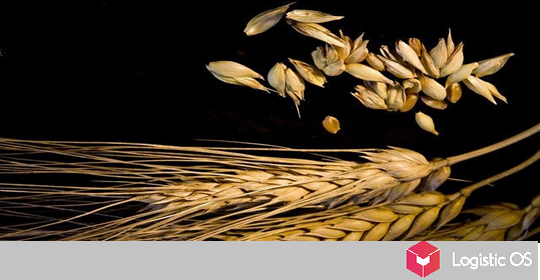The PRC plans that in less than 10 years the volume of the Chinese market for GMO soybeans and corn could exceed $1 billion.
Chinese farmers highly appreciate the successes that can be achieved using GMO varieties.
For example, in the USA, where such technologies are actively used, the yield is much higher: Chinese farmers harvest only 60% of the volumes that American farmers receive.
At the same time, the tasks of Chinese farmers are global: they need to obtain such harvests as to feed a population of 1.4 billion people.
The Chinese leadership calls building industrial safety a priority, but this is still a long way off. China leads the world in soybean imports, accounting for 60% of the market.
China is making real steps towards GMO products
Currently, the cultivation of genetically modified soybeans and corn has already been approved — and these are actually the main food crops in China.
Previously, farmers were only able to obtain rights to produce GMO cotton and papaya, which occupy a much smaller place in the market.
But in October, the government approved the cultivation of 37 more varieties of GMO corn and 14 varieties of GMO soybeans.
Breeders have already set to work creating the most productive GMO varieties, and it is planned that over time they will displace most of the conventional varieties that are used today and often have insufficiently high yields.
At the same time, companies that will use GMOs will be able to gain many competitive advantages both in terms of price and in terms of supply volumes.
“International experience has proven that the use of GM technologies will lead to increased productivity, higher margins on seeds and will change competition in the industry,” say experts from China Galaxy Securities.
Chinese breeders and farmers have extensive plans: in just 8 years they plan to sow a significant part of China (about 40% of the acreage) with GMO varieties.
A problem along this path may be public opinion: not all Chinese support the use of GMOs in food; many see health risks in this.
To reassure the public, authorities plan to carry out strict quality controls on every GMO variety that will be offered for cultivation.
In addition to solving its own food problems, China in the future could enter the world market with its products, which other countries competing with it in this industry are already afraid of.
At the same time, a decrease in China’s demand for imported food may already become a factor that will greatly change the world market.

